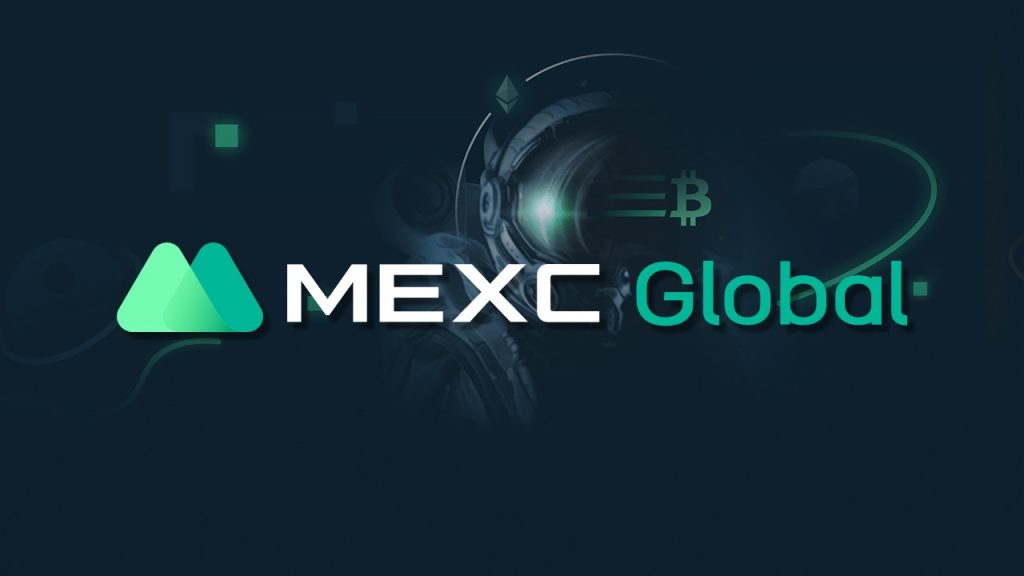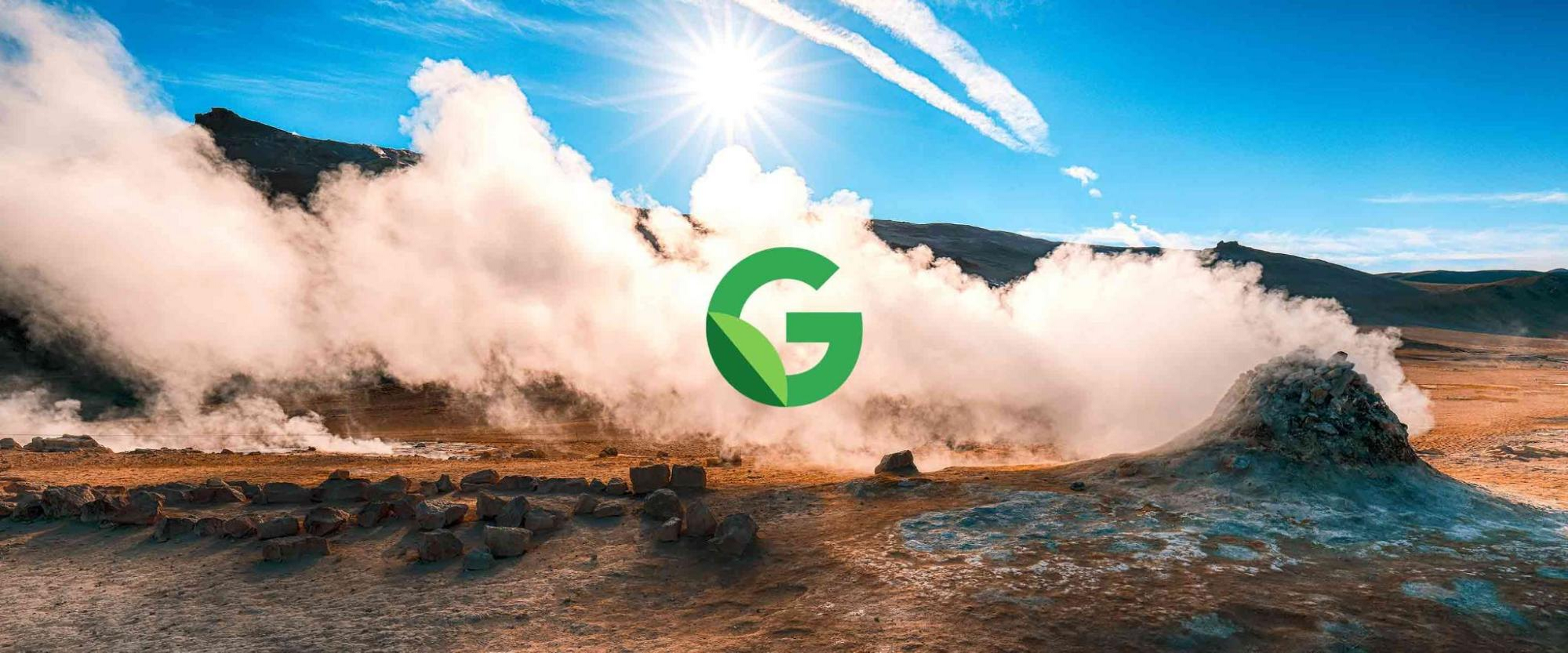In a groundbreaking initiative, Google has commenced operations on a unique geothermal project in Nevada, marking a significant step toward powering its data centers with sustainable energy. Teaming up with startup Fervo, known for pioneering geothermal technology, the project employs unconventional methods, boasting a modest capacity of 3.5 MW—enough to meet the energy needs of approximately 2,625 homes. The electricity generated will be integrated into the local grid, catering to two of Google’s data centers near Las Vegas and Reno.
This endeavor aligns with Google’s ambitious plan to exclusively rely on carbon pollution-free electricity by 2030, necessitating the incorporation of diverse clean energy sources. Geothermal energy, viewed as a pivotal component in the future energy landscape, is seen as a reliable supplement to intermittent wind and solar power. Michael Terrell, Senior Director of Energy and Climate at Google, emphasizes the corporate sector’s vital role in advancing such innovative technologies.
Initiated in 2021, the project represents Google’s commitment, dubbed the “world’s first corporate agreement to develop a next-generation geothermal power project.” Departing from conventional geothermal practices, where hot fluids are drawn from natural reservoirs to produce steam for turbines, this project leverages hot rocks in an existing geothermal field. Fervo employs a closed-loop system, pumping water through horizontal wells, heating it through rock fractures to generate steam.
The innovative approach addresses water conservation concerns, crucial in the water-scarce Nevada region. Fervo’s incorporation of fiber optic cables within wells enables real-time monitoring of flow, temperature, and system performance, adopting insights from the oil and gas industry. Google’s optimism stems from the project’s utilization of proven technologies, expediting its implementation.
Fervo’s geothermal technology has garnered support from influential entities such as Bill Gates’ Breakthrough Energy Ventures and the US Department of Energy. Unlike solar and wind farms, susceptible to weather fluctuations, geothermal projects offer a consistent energy output. Google, recognizing the immense energy consumption of data centers—amounting to approximately 1% of global electricity usage—intends to explore additional geothermal projects.
In September, Google revealed a partnership with Project InnerSpace, aiming to develop a global geothermal resource mapping and assessment tool. While details about future geothermal deployments remain undisclosed, Google’s proactive pursuit of sustainable energy solutions underscores its commitment to environmental responsibility.











